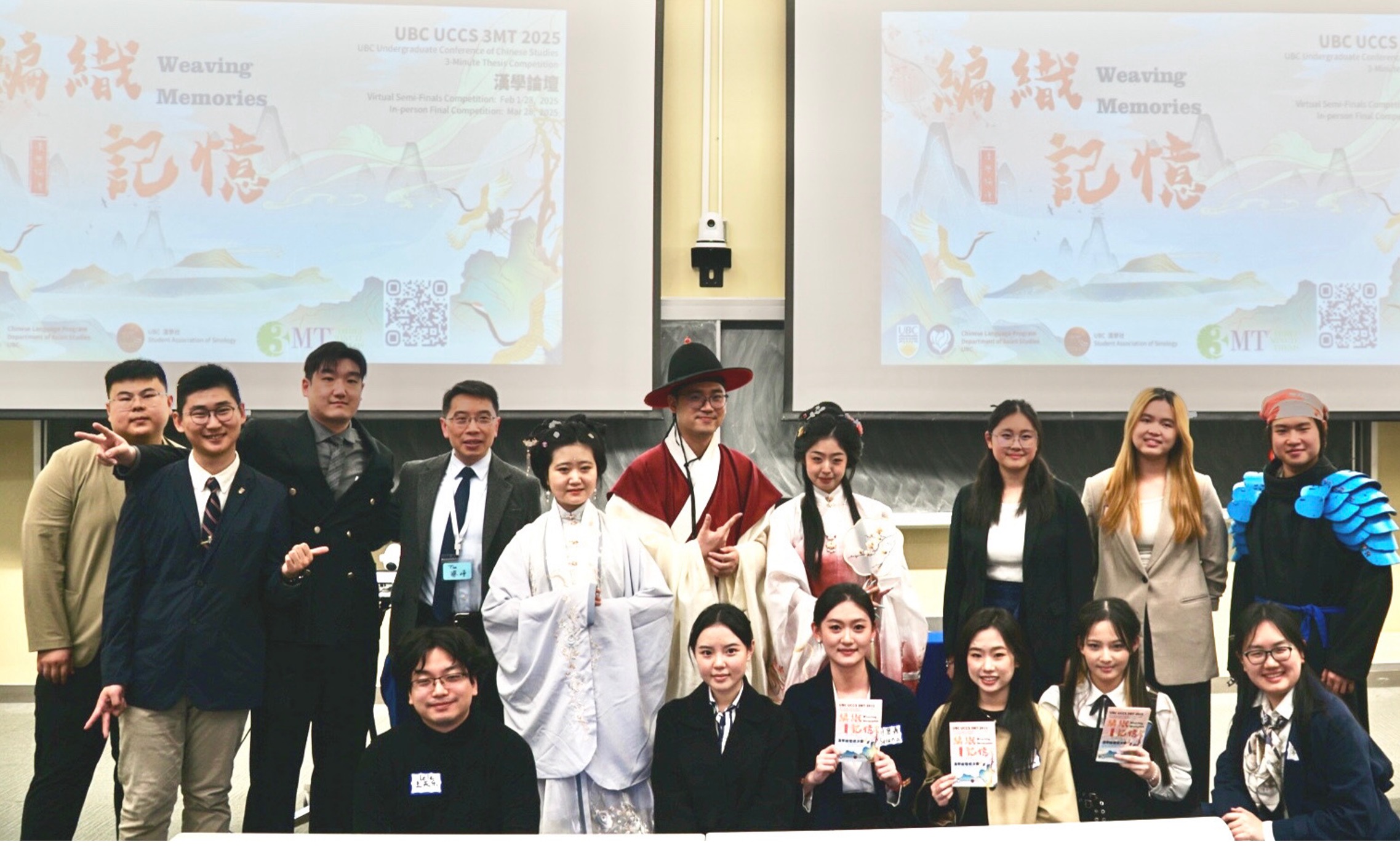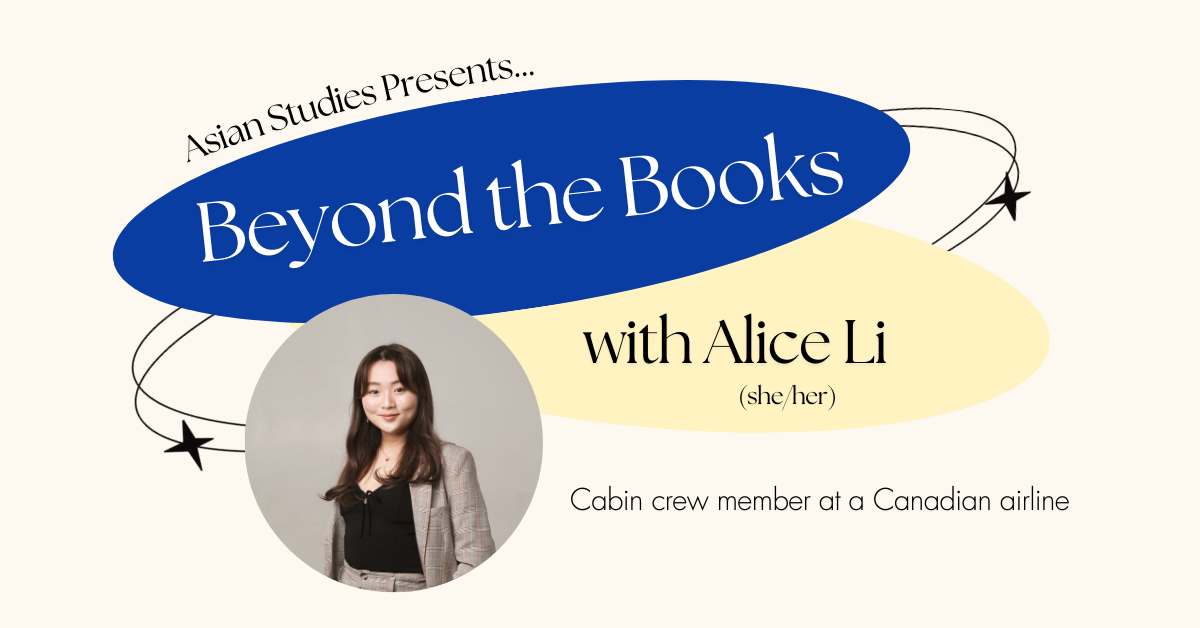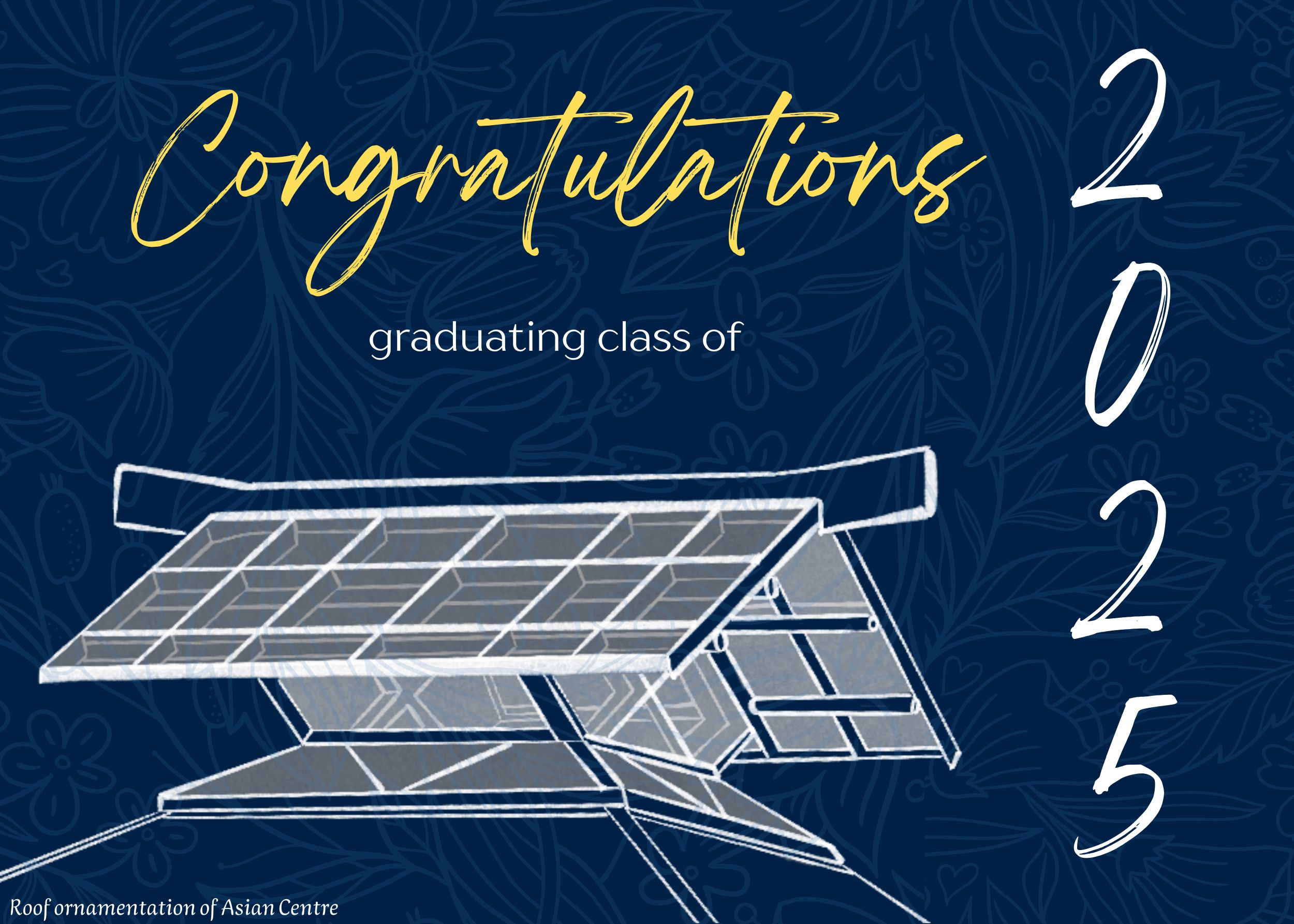A new series where we ask our instructors about their early lives, career development and proudest accomplishments. Our second interview features Dr. Ross King, Head of the Department of Asian Studies.
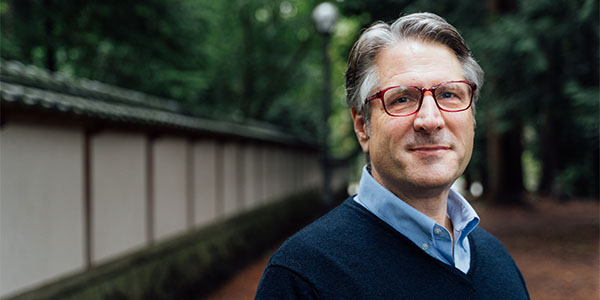

Quickfacts
- Dr. Ross King has been teaching at UBC for 21 years
- Currently serving his second term as Head of the Department of Asian Studies
- Teaching ASIA 561A “Language and colonialism in (mostly East) Asia” in 2016W
- Recent publication: 2015. Ditching ‘diglossia’: Describing ecologies of the spoken and inscribed in pre-modern Korea.
Sungkyun Journal of East Asian Studies 15(1):1-19.
Can you explain to a non-expert what you research?
My training originally was in Korean language and linguistics; especially the history and structure of the Korean language. Lately I am interested in the history of reading—in East Asia more broadly, and in Korea, more specifically. I am especially interested in the technologies and texts that helped non-Chinese (like Koreans and Japanese) learn to read and write Literary Sinitic (Classical Chinese).
How and why did you start your journey in Asian Studies?
Through study of Japanese, Mandarin and Korean at university, because I was bored with the European languages (French, Russian, German and Spanish) that I had studied since age 11–I wanted something new and different. And once I started learning the languages, that inevitably led into the study of culture, history and literature. But Korean, as the most challenging and least studied of ‘CJK’, was always the most appealing. I can also point out that as a white-bread boy from rural Wisconsin the American heartland, I came in for a bit of a shock when I went to boarding school at age 14 in New Hampshire. We had ‘assembly’ every morning in the assembly hall, where we sat in alphabetical order. I was rather mystified by my neighbours: the Kims to one side, the Lees to the other, David Moon just behind me, and David Hyun 2 rows ahead, with Jinhee Juhn right in front of me–all second-generation Koreans from all over the US.
What was the experience for you learning a second language?
I was a language freak from age 11 already, and had spent all of my teen years attending ‘language villages’ all summer long at Concordia Language Villages in northern Minnesota (http://www.concordialanguagevillages.org/). I had already learned quite a bit of Spanish, German and Russian in the Villages before branching out into Asian languages at university. Learning languages was the one and only thing I was good at from a young age.
Was there a point in your journey you struggled or questioned yourself? What happened?
Well, for a long time (all the way through university) I thought I was going to become an international lawyer (for all the wrong reasons), but after I graduated and spent a year on my own in Korea, Taiwan and Japan, I found that immersing myself in different languages and cultures was far more appealing than the prospect of lawyering. And a lot of my classmates from college who had gone to law school were jerks.
Is there a project that you are most proud of?
Sup sogŭi Hosu, the Korean Language Village at Concordia Language Villages. I launched the Village in 1999 and led it as ‘Dean’ for thirteen summers before stepping aside a few years ago. It’s virtually the only (and certainly the best and funnest) place in all of North America where high school students (especially non-heritage learners) can do a year’s worth of high school Korean in four weeks of intensive, immersive programming. I’m still involved, but more behind the scenes and in a fund-raising capacity. We get really high-achieving kids from all across North America who go on to do amazing things after high school.
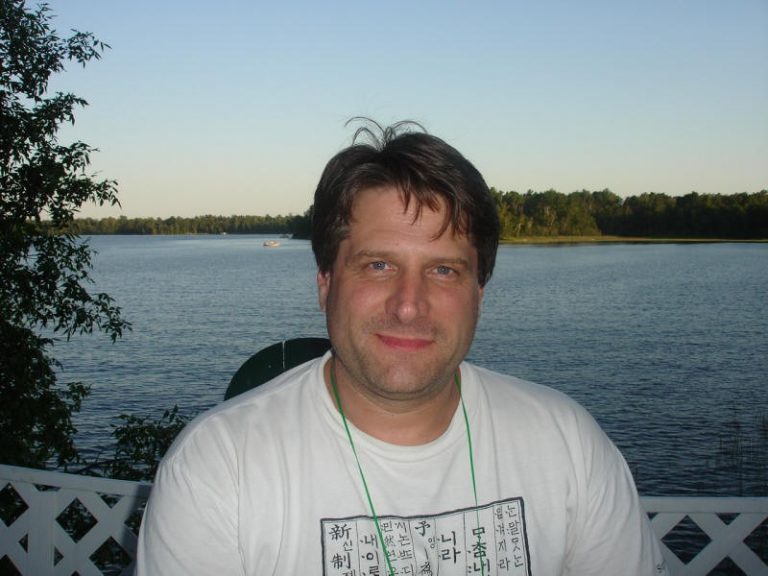

Dr. Ross King. Summer 2005 at the Korean Language Village.
In class we study about events that shape Asia. Have you witnessed any such event firsthand?
Most of my first summer in Korea (1981) was spent dodging tear gas and riot police during all the anti-government protests, and when I was at Seoul National University on a Fulbright Scholarship in 1986-1987, every time I went to campus I was greeted by huge banners reading “Yankees go home!” and more anti-government protests. By the time the first free direct presidential election was held in South Korea in December of 1987 I was already back in the US, but I certainly felt like I had witnessed a lot of the student movement firsthand that led up to the elections.
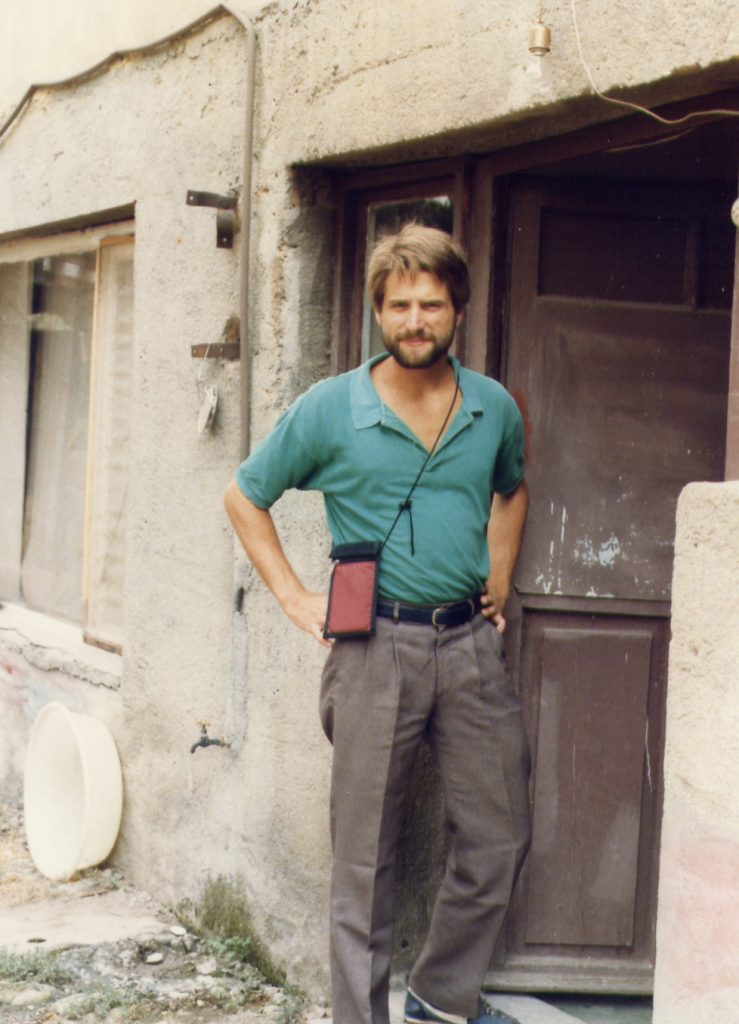

Dr. Ross King. Istanbul, 1984
What change do you hope your work can make in the world?
North Americans are quite ignorant about the rest of the world—especially about Asia and even more especially about Korea. My hope would be that the programs I have launched, the textbooks and other materials I have authored, and the research that I do will go some small way toward lessening that ignorance and also toward training a few more North Americans with the assets (both personal and intellectual) to work on the interface between North America and Asia (especially Korea).
